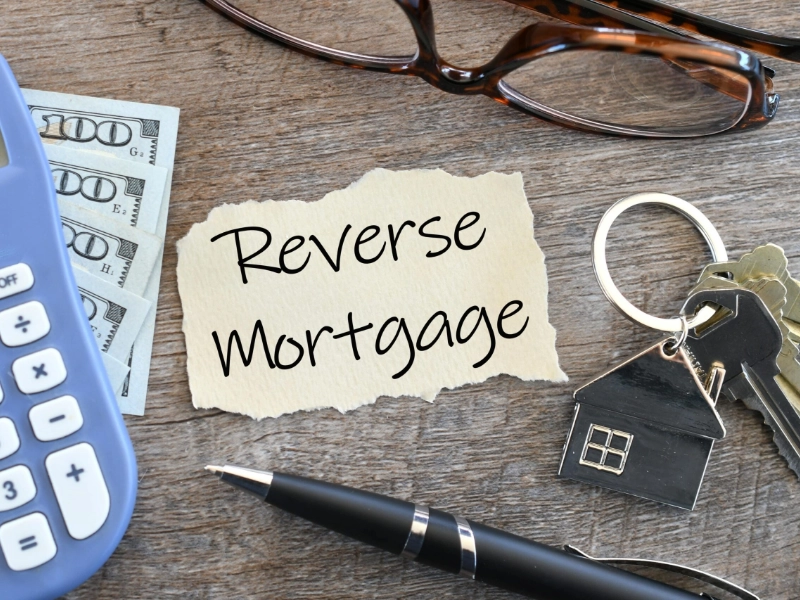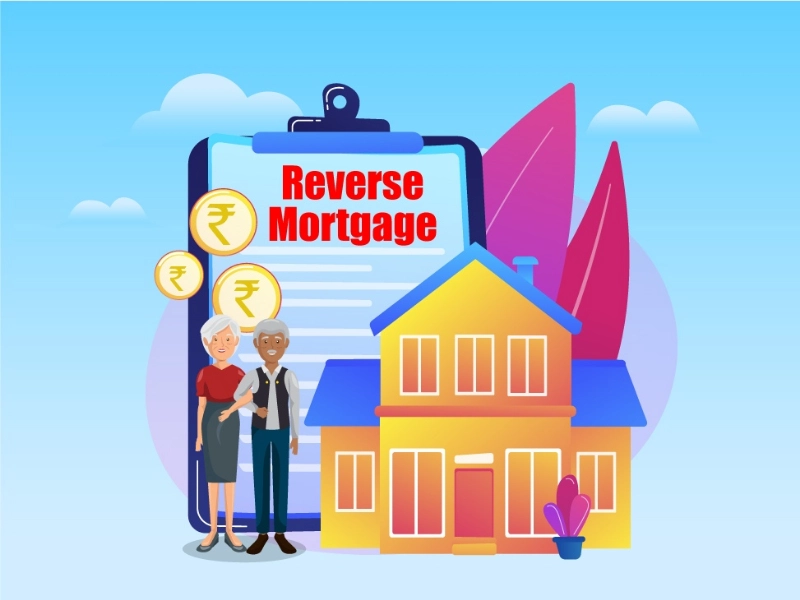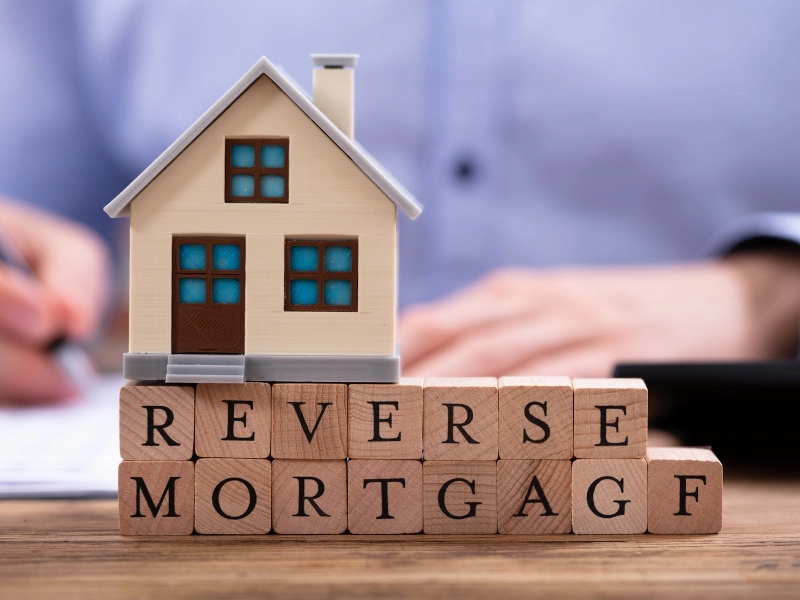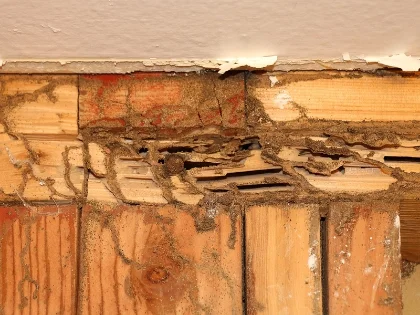Reverse Mortgages: Tailored Solutions For Your Unique Retirement Needs
Seniors can use reverse mortgages as a special kind of home equity loan. They do, however, come with costs and obligations, so financial advisors and family members must carefully assess them. The origination fees, closing charges, mortgage insurance payments, and continuing loan servicing fees associated with reverse mortgages should all be understood.
A Home Equity Line of Credit (HELOC) is available.

The SPRMC is a type of reverse mortgage with a single purpose.
 Seniors who have a single-purpose reverse mortgage can spend a portion of their equity on expenses permitted by the lender, including home repairs or property taxes. It needs to be paid back when the borrower sells their house, moves into another primary residence (such as a nursing home or assisted living facility), or passes away. It is not meant to be a continuous source of income.
These loans often have stringent qualifying standards and are provided by nonprofits and state and local government bodies. Before choosing this course of action, it is crucial to learn about your state's program, ascertain your eligibility, obtain the required paperwork, and finish the application procedure.
As with all reverse mortgages, it's crucial to get advice from an expert who can help you choose the best option for your particular retirement needs. It's crucial to stay away from dishonest lenders who might try to convince you to use the money from your loan earnings to purchase more investments, services, or financial goods.
Seniors who have a single-purpose reverse mortgage can spend a portion of their equity on expenses permitted by the lender, including home repairs or property taxes. It needs to be paid back when the borrower sells their house, moves into another primary residence (such as a nursing home or assisted living facility), or passes away. It is not meant to be a continuous source of income.
These loans often have stringent qualifying standards and are provided by nonprofits and state and local government bodies. Before choosing this course of action, it is crucial to learn about your state's program, ascertain your eligibility, obtain the required paperwork, and finish the application procedure.
As with all reverse mortgages, it's crucial to get advice from an expert who can help you choose the best option for your particular retirement needs. It's crucial to stay away from dishonest lenders who might try to convince you to use the money from your loan earnings to purchase more investments, services, or financial goods.
A proprietary reverse mortgage (PRM)
 Seniors can use their home equity to create tax-free income with a proprietary reverse mortgage. The money can be used for house repairs and upgrades, medical costs, in-home care, and Social Security supplementation. Debt consolidation is another application for the loan. Reverse mortgages are a popular way for homeowners to keep living in their houses as they get older; they can be an excellent alternative for people who wish to avoid having to sell.
Until the borrower vacates the property, sells it, passes away, or falls behind on property taxes and homeowner's insurance, the mortgage is not due. Proprietary reverse mortgages, however, could have greater costs than conventional HECMs or HELOCs.
Before pursuing a private reverse mortgage, homeowners should be aware of their options and speak with a financial advisor or counselor who has been approved by HUD. These experts are able to assess a borrower's financial preparedness and assist them in reaching their long-term objectives.
Seniors can use their home equity to create tax-free income with a proprietary reverse mortgage. The money can be used for house repairs and upgrades, medical costs, in-home care, and Social Security supplementation. Debt consolidation is another application for the loan. Reverse mortgages are a popular way for homeowners to keep living in their houses as they get older; they can be an excellent alternative for people who wish to avoid having to sell.
Until the borrower vacates the property, sells it, passes away, or falls behind on property taxes and homeowner's insurance, the mortgage is not due. Proprietary reverse mortgages, however, could have greater costs than conventional HECMs or HELOCs.
Before pursuing a private reverse mortgage, homeowners should be aware of their options and speak with a financial advisor or counselor who has been approved by HUD. These experts are able to assess a borrower's financial preparedness and assist them in reaching their long-term objectives.
HECM for Single Purpose (SPHMC)
 Reverse mortgages with a single purpose give seniors access to money for a particular need, like paying property taxes or fixing up their homes. Usually, charity organizations or state and local government agencies offer this kind of financing. Single-purpose reverse mortgages don't need monthly payments like proprietary mortgages and regular HECMs do. Only in the event that the homeowner sells the house or vacates it permanently—including moving into a long-term care facility—is the remaining loan debt due.
Even if these financing possibilities could be useful, it's vital to think about the long-term effects and related responsibilities. Prior to taking out a loan or mortgage of any kind, it's a beneficial idea to look at alternative retirement financing tools and techniques.
Reverse mortgages with a single purpose give seniors access to money for a particular need, like paying property taxes or fixing up their homes. Usually, charity organizations or state and local government agencies offer this kind of financing. Single-purpose reverse mortgages don't need monthly payments like proprietary mortgages and regular HECMs do. Only in the event that the homeowner sells the house or vacates it permanently—including moving into a long-term care facility—is the remaining loan debt due.
Even if these financing possibilities could be useful, it's vital to think about the long-term effects and related responsibilities. Prior to taking out a loan or mortgage of any kind, it's a beneficial idea to look at alternative retirement financing tools and techniques.








